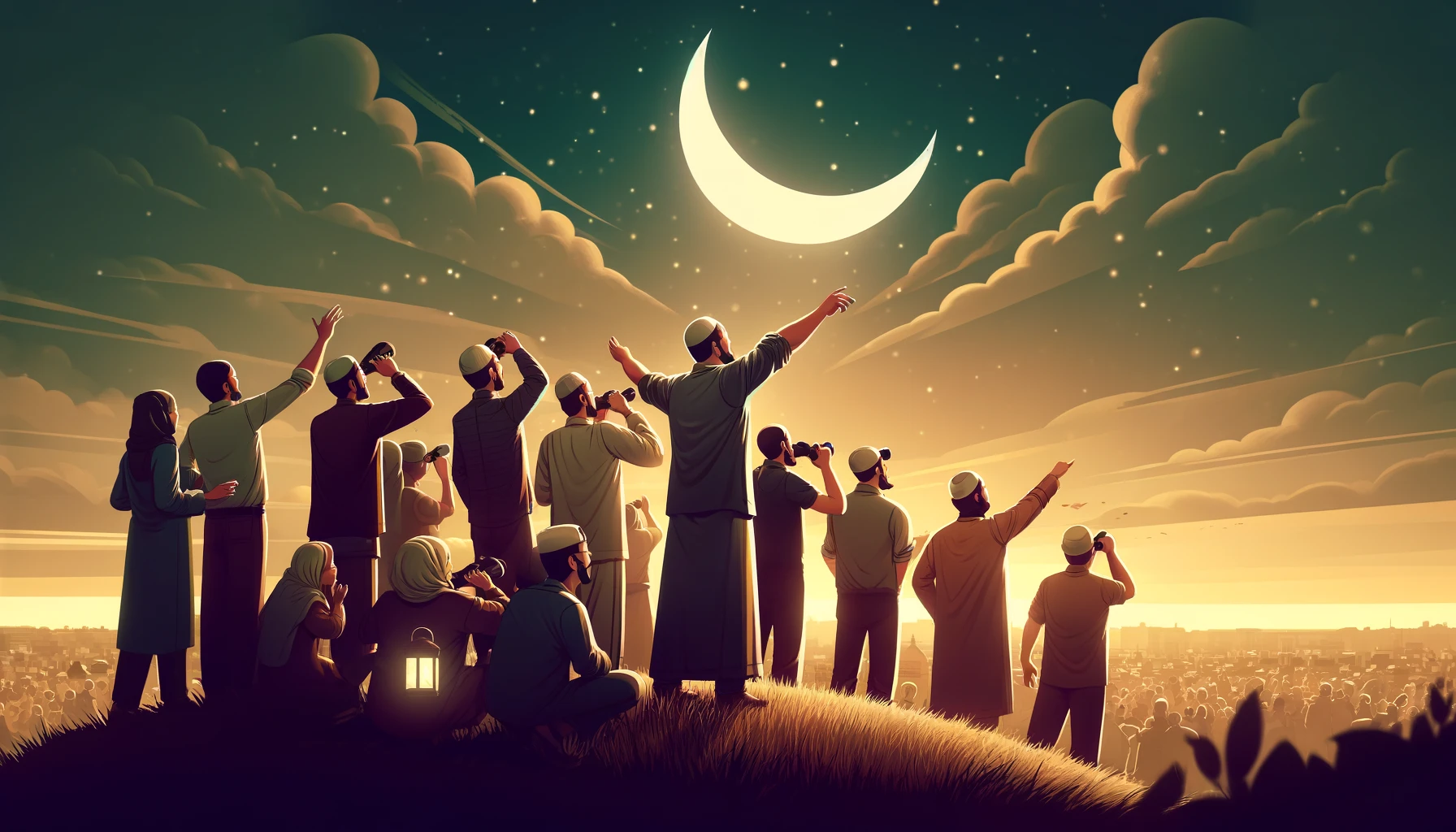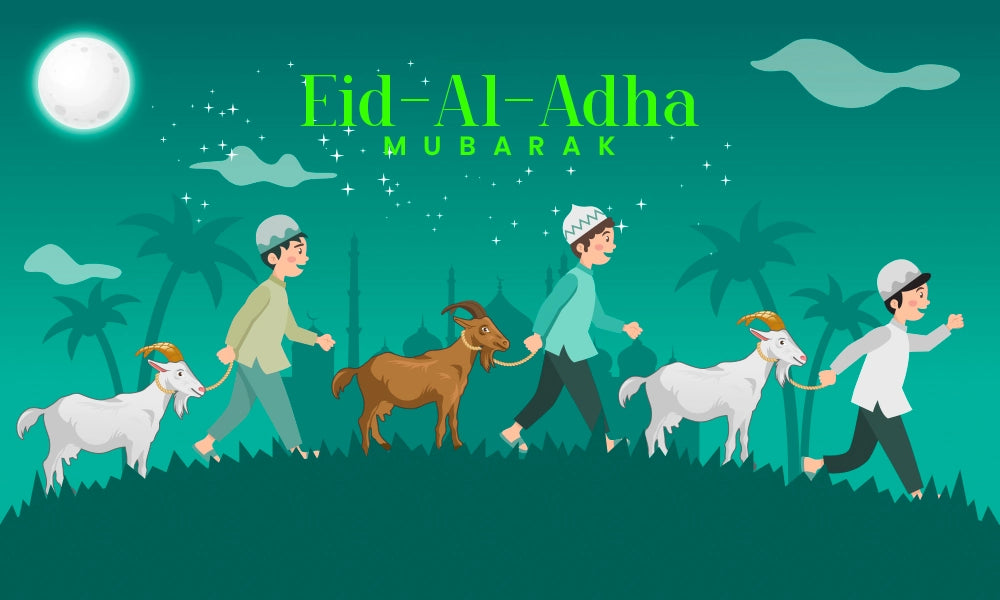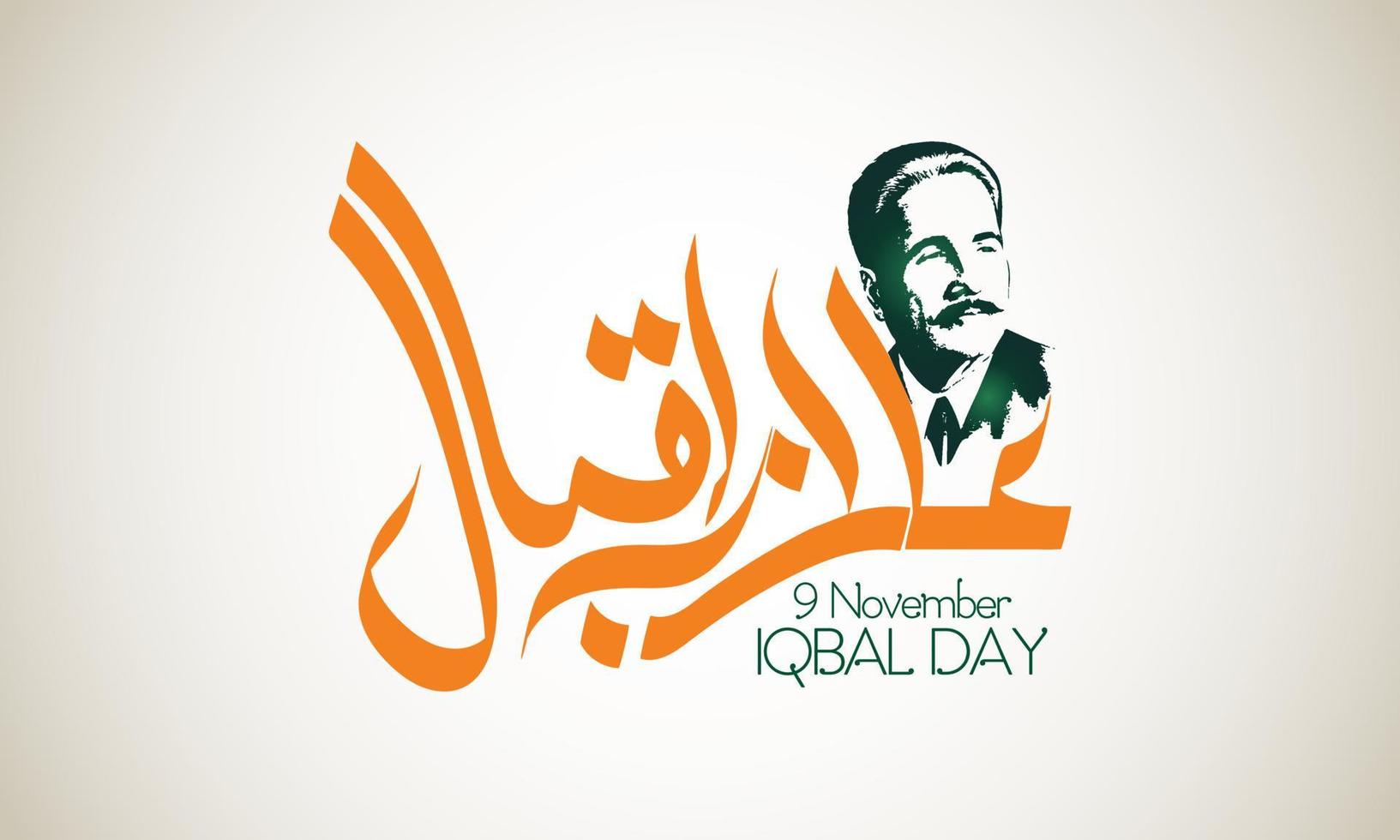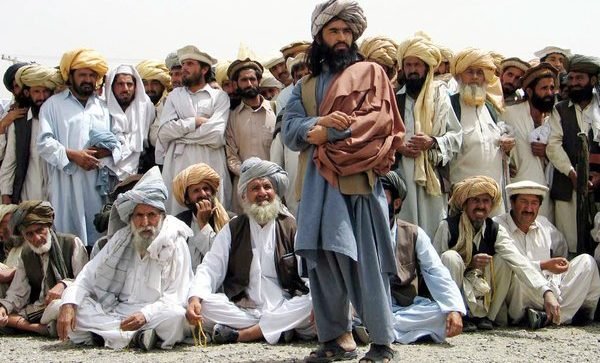Pakistan’s Rich Cultural and Traditional Diversity
Importance of National Festivals in Uniting the Country and Promoting Heritage
National festivals in Pakistan serve as powerful tools for unity, bringing together people from various backgrounds to celebrate shared values and traditions. These events transcend linguistic, ethnic, and regional differences, fostering a sense of togetherness and pride in the nation. By commemorating significant historical and religious occasions, national festivals preserve Pakistan’s rich heritage and pass it on to future generations.
How Festivals Reflect the Nation’s Values and Traditions
Each festival celebrated in Pakistan carries deep symbolism, representing the country’s core values of faith, resilience, and harmony. Whether it’s the spiritual devotion of Eid, the patriotic fervor of Independence Day, or the cultural pride of Sindh Cultural Day, these festivals highlight the nation’s commitment to its roots and its aspiration for unity. They serve as a reminder of Pakistan’s enduring spirit and the importance of celebrating diversity within a unified identity.
Eid-ul-Fitr: A Celebration of Gratitude
Significance of Eid-ul-Fitr in Islamic Culture
Eid-ul-Fitr, also known as the “Festival of Breaking the Fast,” is a significant Islamic celebration marking the end of Ramadan, the holy month of fasting. It is a day of gratitude, reflection, and joy, where Muslims worldwide thank Allah for granting them the strength to observe the month of fasting and for His countless blessings. The day emphasizes the values of charity, unity, and forgiveness, reinforcing the spiritual and social fabric of Muslim communities.
How Eid-ul-Fitr is Celebrated Across Pakistan
In Pakistan, Eid-ul-Fitr is a nationwide celebration, filled with vibrant customs and traditions:
- Eid Prayers: The day begins with special congregational prayers at mosques or open grounds, where people gather to seek blessings and guidance.
- Zakat-ul-Fitr (Charity): Before the prayers, Muslims give Fitrana (a form of charity) to ensure that the less fortunate can also partake in the festivities.
-
- Feasts and Gatherings: Families prepare elaborate meals featuring traditional delicacies such as sheer khurma, biryani, and kebabs. Homes are filled with the aroma of these special dishes as loved ones gather to celebrate.
- Gift Exchange and Eidi: Elders give children “Eidi” (money or gifts), bringing immense joy and excitement to the younger generation.
- Visits to Relatives and Friends: It is customary to visit loved ones, fostering bonds of kinship and community.
Unique Pakistani Traditions Associated with Eid-ul-Fitr
Pakistan has its own distinctive way of celebrating Eid-ul-Fitr, blending Islamic values with local customs:
- Chand Raat (Night of the Moon): The evening before Eid, known as Chand Raat, is a festive occasion where people shop for new clothes, jewelry, and bangles. Markets are bustling with activity, and women decorate their hands with intricate henna designs.
- Cultural Attire: People don traditional outfits, with men often wearing shalwar kameez and women showcasing vibrant, embroidered dresses.
- Community Celebrations: In rural areas, communal feasts and fairs are organized, creating a sense of togetherness.
- Street Decorations: Streets and neighborhoods are adorned with lights and decorations, adding to the joyous atmosphere.


Picture Credits: salah.co.za
Eid-ul-Adha: The Festival of Sacrifice
Religious and Cultural Importance of Eid-ul-Adha
Eid-ul-Adha, also known as the “Festival of Sacrifice,” is one of the most significant Islamic festivals, celebrated in remembrance of the unwavering faith and obedience of Prophet Ibrahim (Abraham) and his son Prophet Ismail (Ishmael). According to Islamic tradition, Prophet Ibrahim was commanded by Allah to sacrifice his son as a test of faith. However, at the last moment, Allah replaced Ismail with a ram, sparing his life. This act of devotion and submission to Allah’s will is commemorated every year during Eid-ul-Adha.
For Muslims, the festival is a reminder of the values of faith, sacrifice, and generosity. It also underscores the importance of sharing blessings with others, particularly those in need, through acts of charity and communal support.
Traditions of Qurbani (Sacrifice) and Community Feasts
- Qurbani (Sacrifice):
-
-
- The central ritual of Eid-ul-Adha is the Qurbani, or the sacrificial slaughter of livestock such as goats, sheep, cows, or camels. This act symbolizes the willingness to make sacrifices for the sake of faith and the greater good.
- The meat is divided into three parts: one for the family, one for relatives and friends, and one for the less fortunate, ensuring that everyone shares in the joy of the festival.
-
- Community Feasts:
-
- After the sacrifice, families prepare traditional dishes using the fresh meat, including dishes like pulao, karahi, and kebabs.
- Large feasts are organized, bringing together family, friends, and neighbors. These gatherings foster a sense of community and camaraderie.
Celebratory Practices in Urban and Rural Areas
- Urban Areas:
-
-
- In cities, people often purchase animals from bustling livestock markets that spring up weeks before the festival. These markets become a hub of activity, showcasing a variety of animals adorned with colorful decorations.
- Urban celebrations are marked by family gatherings, shared meals, and acts of charity, such as distributing meat to orphanages and shelters.
-
- Rural Areas:
-
- In rural regions, the celebrations are more community-oriented. Families often rear animals for months in preparation for Eid.
- The sacrifice is carried out in open fields, followed by communal cooking and sharing of meals with villagers.
- Rural Eid celebrations often include cultural performances, traditional games, and fairs, adding a festive touch to the occasion.
Eid-ul-Adha embodies the spirit of sacrifice, gratitude, and generosity, uniting people from all walks of life in shared acts of worship and celebration. Whether in bustling urban centers or serene rural landscapes, the festival reinforces the values of compassion and community that are central to Islamic teachings.


national festivals of pakistan
Picture Credits: qurbani.haramain.com
Pakistan Day (23rd March): A Tribute to Freedom
Historical Background of Pakistan Resolution Day
Pakistan Day, celebrated annually on 23rd March, commemorates the adoption of the Lahore Resolution in 1940. This pivotal moment in history occurred during the All-India Muslim League’s annual session at Lahore’s Minto Park (now Iqbal Park). The resolution, proposed by A.K. Fazlul Huq, demanded the establishment of independent states for Muslims in the northwestern and eastern zones of British India. This resolution laid the foundation for the creation of Pakistan, a separate homeland for Muslims where they could freely practice their religion and culture. The day also honors the adoption of Pakistan’s first constitution on 23rd March 1956, making it the Islamic Republic of Pakistan.
Parades, Flag Hoisting Ceremonies, and Cultural Events
- Parades:
- The centerpiece of Pakistan Day celebrations is the grand military parade held in Islamabad. It showcases the strength and discipline of Pakistan’s armed forces, with displays of advanced weaponry, tanks, missiles, and fighter jets.
-
-
- Military bands, cultural floats, and contingents from the navy, air force, and army participate, representing Pakistan’s unity and diversity.
- Foreign dignitaries and government officials attend the event, adding to its significance.
-
- Flag Hoisting Ceremonies:
-
-
- Across the nation, public and private institutions, schools, and community centers organize flag-hoisting ceremonies.
- The national anthem is sung with pride, and speeches highlight the sacrifices of Pakistan’s founding leaders and the importance of unity and progress.
-
- Cultural Events:
-
- Schools and colleges hold debates, skits, and musical performances that narrate the history and significance of the day.
- Special exhibitions, cultural fairs, and art displays are organized to celebrate Pakistan’s heritage and achievements.
- Television and radio channels air documentaries, patriotic songs, and films that evoke a sense of pride and nostalgia.
Significance of This Day in Fostering National Pride
Pakistan Day serves as a reminder of the sacrifices and struggles that led to the creation of an independent homeland. It instills a sense of patriotism and unity among citizens, regardless of their ethnic or regional backgrounds. The celebrations highlight Pakistan’s achievements and aspirations, fostering a collective commitment to building a prosperous and inclusive nation.
Moreover, the day serves as an opportunity to reflect on the vision of Pakistan’s founders and renew efforts toward realizing the ideals of equality, justice, and progress. Pakistan Day is not only a tribute to the past but also a celebration of the country’s resilience and future potential.


Picture Credits: zameenblog.s3.amazonaws.com
Independence Day (14th August): A Nation Rejoices
The Story Behind Pakistan’s Independence
Independence Day on 14th August marks the birth of Pakistan as a sovereign state in 1947. After decades of struggle under British colonial rule and amidst increasing tensions between religious communities, the demand for a separate homeland for Muslims gained momentum under the leadership of Muhammad Ali Jinnah, the founder of Pakistan. The vision for Pakistan was rooted in the Two-Nation Theory, which argued that Muslims and Hindus were distinct nations with their own religious, cultural, and social identities.
The partition of British India led to the creation of Pakistan, comprising the Muslim-majority regions in the northwest and east of the subcontinent. While independence brought freedom, it also came with challenges, including mass migrations, communal violence, and the task of building a new nation from scratch. Despite these difficulties, 14th August stands as a testament to the resilience and determination of the people who made the dream of Pakistan a reality.
Nationwide Celebrations
Independence Day is celebrated with enthusiasm and pride across the country, reflecting the spirit of unity and patriotism:
- Fireworks and Illuminations:
-
-
- Cities and towns are illuminated with vibrant lights and decorations, symbolizing joy and hope.
- Grand fireworks displays take place in major cities like Islamabad, Karachi, and Lahore, drawing large crowds.
-
- Rallies and Parades:
-
-
- Patriotic rallies and processions are organized, with participants waving the national flag and chanting slogans of freedom.
- Ceremonial flag-raising events are held at government buildings, schools, and community centers.
-
- Patriotic Songs and Performances:
-
-
- Traditional and contemporary patriotic songs dominate television and radio broadcasts, creating an atmosphere of celebration.
- Cultural performances, including dances and skits, pay homage to the country’s heritage and independence movement.
-
- Family Gatherings and Community Events:
-
- Families come together to celebrate, often dressing in green and white, the colors of the Pakistani flag.
- Community events like sports tournaments, charity drives, and food festivals are held to foster unity and goodwill.
Role of Independence Day in Inspiring Patriotism
Independence Day is more than a celebration; it is a source of inspiration for the people of Pakistan. The day serves as a reminder of the sacrifices made by countless individuals to secure freedom and independence. It instills a sense of pride in the nation’s history and achievements while encouraging citizens to work collectively toward its progress and prosperity.
The day also strengthens national identity, bringing together people from diverse cultural, ethnic, and linguistic backgrounds under the shared banner of patriotism. It reaffirms the values of unity, faith, and discipline, as envisioned by Muhammad Ali Jinnah, and inspires individuals to contribute meaningfully to Pakistan’s future.


Picture Credits: blogger.googleusercontent.com
Iqbal Day (9th November): Honoring the Poet of the East
Who Was Allama Iqbal and His Role in the Creation of Pakistan
Allama Muhammad Iqbal, often referred to as the “Poet of the East,” was a philosopher, poet, and visionary who played a pivotal role in the ideological foundation of Pakistan. Born on 9th November 1877 in Sialkot, Iqbal’s poetry and writings awakened a sense of self-awareness and identity among Muslims of the Indian subcontinent.
He is celebrated as the spiritual father of Pakistan for envisioning a separate homeland for Muslims. In his historic address at the Allahabad Session of the All-India Muslim League in 1930, Iqbal articulated the idea of an independent Muslim state in the northwestern regions of British India. His philosophy of self-realization (Khudi) and emphasis on Islamic values provided the ideological framework for the creation of Pakistan. Muhammad Ali Jinnah, the leader of the independence movement, was profoundly influenced by Iqbal’s vision.
Celebrations and Educational Programs on Iqbal Day
Iqbal Day is observed annually on 9th November to honor the life and contributions of Allama Iqbal. The day is marked by various activities across the country:
- Tributes and Ceremonies:
-
-
- Official ceremonies are held at Iqbal’s mausoleum in Lahore, where leaders and citizens pay homage to the great thinker.
- Floral wreaths are placed at his grave, accompanied by recitations of his poetry.
-
- Educational Programs:
-
-
- Schools, colleges, and universities organize events such as debates, essay writing, and poetry recitation competitions focusing on Iqbal’s works and philosophy.
- Lectures and seminars are conducted to highlight his ideas and their relevance in contemporary society.
-
- Cultural Activities:
-
- Television and radio channels broadcast documentaries, dramas, and discussions on Iqbal’s life and legacy.
- Public readings of his famous works, including “Bang-e-Dra,” “Zarb-e-Kaleem,” and “Payam-e-Mashriq,” inspire audiences of all ages.
The Significance of His Philosophy in Modern Pakistan
Allama Iqbal’s philosophy continues to hold great significance in shaping Pakistan’s national identity and guiding its people toward self-reliance and progress:
- Inspiration for Youth:
-
-
- His concept of Khudi emphasizes self-awareness, dignity, and the pursuit of excellence, inspiring young Pakistanis to strive for personal and collective growth.
- Iqbal’s poetry encourages critical thinking and innovation, motivating the youth to lead the nation into the future.
-
- Promotion of Islamic Values:
-
-
- Iqbal envisioned a society grounded in Islamic principles of justice, equality, and compassion, which remain central to Pakistan’s aspirations.
-
- Unity and Resilience:
-
- His teachings remind Pakistanis of the importance of unity, resilience, and faith in overcoming challenges.
Iqbal Day serves as a reminder of the profound impact of Allama Iqbal’s ideas on the creation and development of Pakistan. It is a day to reflect on his enduring legacy and strive to embody his vision of a progressive and harmonious society.

Picture Credits: static.vecteezy.com
Defense Day (6th September): Commemorating Bravery
Importance of This Day in Pakistan’s History
Defense Day, observed on 6th September, holds a significant place in Pakistan’s history. It marks the anniversary of the 1965 war with India when the Pakistan Armed Forces and citizens displayed exceptional bravery and resilience to defend their homeland. The day is a tribute to the courage and sacrifice of the armed forces who successfully thwarted the aggression, particularly during the Battle of Lahore and other key engagements. Defense Day symbolizes patriotism, unity, and the unyielding spirit of a nation determined to protect its sovereignty.
Ceremonies to Honor Armed Forces and Martyrs
- Wreath-Laying Ceremonies:
-
-
- Ceremonial wreaths are placed at monuments such as the Yadgar-e-Shuhada (Martyrs’ Memorial) to honor the martyrs who laid down their lives for the country.
- Officials, military leaders, and citizens participate in paying respects.
-
- Parades and Military Displays:
-
-
- Special parades and exhibitions showcase the strength and discipline of Pakistan’s armed forces.
- Military equipment, tanks, aircraft, and other assets are displayed to emphasize the country’s defense capabilities.
-
- Educational and Cultural Events:
-
-
- Schools and colleges organize events such as debates, patriotic plays, and skits highlighting the importance of the day.
- Documentaries, interviews with veterans, and reenactments of historic battles are broadcasted on television.
-
- National Anthem and Speeches:
-
- The day begins with a nationwide broadcast of the national anthem, followed by addresses from military and government leaders.
- Speeches emphasize the sacrifices made by the armed forces and the need for continued vigilance and unity.
How the Day Instills a Sense of Security and Unity Among Citizens
Defense Day fosters a strong sense of security and unity across Pakistan by:
- Building National Pride:
-
-
- Celebrating the achievements of the armed forces reinforces pride in the nation’s ability to defend itself against aggression.
- The commemoration of sacrifices serves as a reminder of the collective strength and resilience of Pakistanis.
-
- Strengthening Civil-Military Bond:
-
-
- The day highlights the symbiotic relationship between the armed forces and civilians, showcasing their shared commitment to the nation.
- Citizens actively participate in events, expressing gratitude and support for the military.
-
- Promoting Patriotism:
-
-
- Defense Day inspires individuals to contribute to the nation’s progress and security in their own capacities.
- It unites people across regions, ethnicities, and cultures under a shared identity and love for their homeland.
-
- Encouraging Preparedness:
-
- The emphasis on vigilance and readiness reminds citizens of the importance of being prepared for any challenges to national security.
Defense Day is more than a historical remembrance; it is a celebration of Pakistan’s resilience, bravery, and unity. The day strengthens the bond between the armed forces and the people, ensuring that the spirit of patriotism and sacrifice remains alive in every generation.


Picture Credits: pakistantoday.com.pk
Cultural Festivals Celebrated as National Heritage
Basant Festival: The Vibrant Kite-Flying Tradition and Its Cultural Significance
Basant, a traditional spring festival, is celebrated with great enthusiasm in Pakistan, particularly in Lahore. Known for its vibrant kite-flying competitions, Basant marks the arrival of spring and showcases the country’s festive spirit. The skies are filled with colorful kites, and rooftops become lively spaces for gatherings. Music, dance, and traditional cuisine add to the festivities, making it a cherished cultural event. While the festival has faced restrictions due to safety concerns, its historical and cultural significance remains a testament to Pakistan’s rich heritage.


Picture Credits: blogs.helloparent.com
Sindh Cultural Day: A Tribute to Sindh’s Rich Culture and Heritage
Sindh Cultural Day, celebrated annually, is a homage to the vibrant traditions and history of Sindh province. People wear the Ajrak (a traditional Sindhi block-printed shawl) and Sindhi caps as symbols of pride and identity. Events such as music performances, folk dances, and art exhibitions highlight Sindh’s contributions to Pakistan’s cultural diversity. The day serves as a reminder of the region’s historical significance, including its connection to the ancient Indus Valley Civilization.


Picture Credits: i.dawn.com
Pashtun Culture Day: Highlighting the Traditions of Pashtun Communities
Pashtun Culture Day celebrates the heritage of Pashtun communities, known for their hospitality, courage, and distinct traditions. The day includes traditional dances like the Attan, poetry recitals, and showcasing of Pashtun attire. It serves as a platform to preserve and promote the unique cultural practices of the Pashtun people, fostering a deeper appreciation of their contributions to Pakistan’s multicultural identity.


Picture Credits: hazarainternational.com
Festivals Promoting Interfaith Harmony
Christmas and Easter: Celebrations by the Christian Community in Pakistan
The Christian community in Pakistan celebrates Christmas and Easter with devotion and joy. Churches are adorned with lights, and special prayers are held. Christmas markets, carol singing, and community feasts bring people together. Easter celebrations often include processions, egg hunts, and communal gatherings. These festivals symbolize hope, love, and faith, reflecting the inclusive spirit of Pakistan.


Picture Credits: nationaldaycalendar.com
Holi and Diwali: Festivals Celebrated by the Hindu Community
Holi, the festival of colors, and Diwali, the festival of lights, are significant Hindu celebrations in Pakistan. Holi is marked by joyous splashes of colors, music, and dance, while Diwali involves lighting oil lamps (diyas), sharing sweets, and performing prayers. These festivals are celebrated not only by the Hindu community but also appreciated by other communities, highlighting Pakistan’s religious and cultural diversity.


Picture Credits: aicc.com.au
The Importance of Interfaith Festivals in Promoting Inclusivity
Interfaith festivals play a crucial role in fostering harmony and understanding among Pakistan’s diverse religious communities. They encourage mutual respect, reduce cultural barriers, and highlight the shared values of peace and coexistence. By embracing and celebrating each other’s traditions, Pakistanis strengthen their collective identity and promote a more inclusive society.
Impact of National Festivals on Society
Role of Festivals in Promoting Unity and Patriotism
National festivals unite citizens across regional and ethnic divides, fostering a shared sense of identity and pride. Events like Independence Day and Pakistan Day serve as reminders of the country’s history, achievements, and resilience, inspiring patriotism and collective responsibility.
Boost to the Tourism Industry and Local Economy
Festivals attract tourists, both local and international, creating opportunities for the hospitality and travel sectors. Cultural fairs and events generate income for artisans, small businesses, and performers, contributing to the local economy. Festivals like Basant and Sindh Cultural Day draw attention to Pakistan’s rich heritage, enhancing its global image as a culturally vibrant nation.
Encouragement of Cultural Exchange and Understanding
Festivals provide a platform for people from different backgrounds to interact and learn about each other’s traditions. This cultural exchange fosters mutual respect and understanding, strengthening social cohesion. It also helps preserve and promote Pakistan’s diverse cultural heritage for future generations.
National and cultural festivals in Pakistan are not just celebrations; they are powerful expressions of the country’s unity, diversity, and resilience, playing a vital role in shaping its social and cultural landscape.
Recap of How National Festivals Reflect Pakistan’s Cultural and Traditional Richness
National festivals in Pakistan are vibrant celebrations that showcase the country’s diverse cultural and traditional heritage. From the joyful spirit of Eid-ul-Fitr and Eid-ul-Adha to the patriotic fervor of Independence Day and Pakistan Day, each festival highlights a unique aspect of the nation’s identity. Cultural events like Basant, Sindh Cultural Day, and Pashtun Culture Day emphasize the richness of Pakistan’s regional traditions, while interfaith festivals such as Christmas, Easter, Holi, and Diwali demonstrate the inclusive nature of its society.
The Role of These Festivals in Strengthening National Unity and Promoting a Positive Image of Pakistan Globally
These festivals serve as powerful symbols of unity, bringing together people from diverse ethnic, linguistic, and religious backgrounds. They foster a collective sense of pride and belonging, strengthening the bonds that hold the nation together. On an international level, Pakistan’s festivals offer a glimpse into its cultural diversity and resilience, promoting a positive and vibrant image of the country to the world. Events like these attract tourists, enhance cultural diplomacy, and contribute to Pakistan’s soft power on the global stage.
Encouragement for Readers to Actively Participate and Preserve These Traditions
Participating in and preserving these festivals is essential to maintaining Pakistan’s cultural identity. By engaging in these celebrations, individuals not only honor their heritage but also contribute to fostering unity and mutual respect in society. Let’s embrace these festivals with enthusiasm, pass on their significance to future generations, and work collectively to ensure that Pakistan’s cultural and traditional richness continues to thrive and inspire for years to come.
View this post on Instagram

